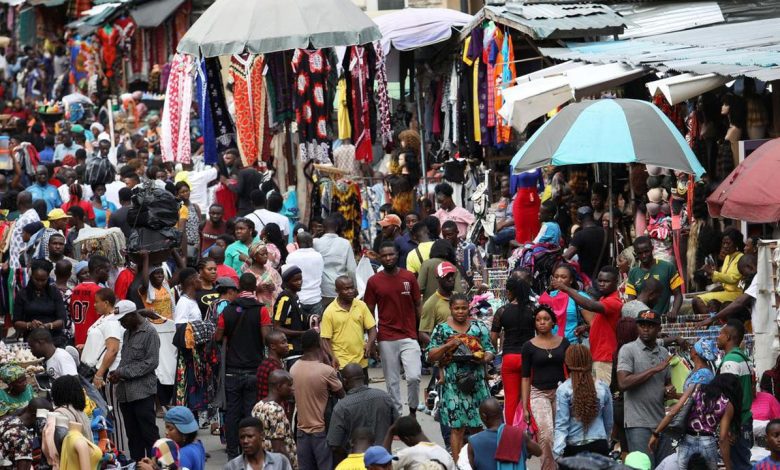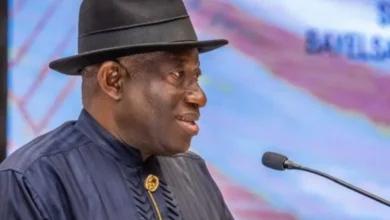IMF downgrades Nigeria’s economic growth rate forecast to 2.9%


The International Monetary Fund (IMF) has downgraded Nigeria’s economic growth forecast to 2.9 percent, while the global economic growth rate will stabilise at 3.2 percent in 2024 and 2025.
Speaking on Tuesday at the launch of the World Economic Outlook report in Washington DC, Pierre-Olivier Gourinchas, the Economic Counsellor and Director of the Research Department of the IMF, said while inflation came down, the global economy remained resilient.
Gourinchas said the United States is “expected to cool down”, while other advanced economies will rebound.
“Performance in emerging Asia remains robust, despite a slight downward revision for China to 4.8% in 2024. Low-income countries have seen their growth revised downward, some of it because of conflicts and climate shocks,” he said.
Specifically, the IMF report said in emerging markets and developing economies, disruptions to the production and shipping of commodities — especially oil — conflicts, civil unrest, and extreme weather events have led to downward revisions to the outlook for the Middle East and Central Asia and sub-Saharan Africa.
“These have been compensated for by upgrades to the forecast for emerging Asia, where surging demand for semiconductors and electronics, driven by significant investments in artificial intelligence, has bolstered growth,” the report reads.
“The latest forecast for global growth five years from now — at 3.1 percent— remains mediocre compared with the prepandemic average. Persistent structural headwinds—such as population aging and weak productivity—are holding back potential growth in many economies.”
Meanwhile, the lender said Nigeria’s economy is expected to grow at 2.9 percent in 2024.
The projection is a downgrade from 3.1 percent in July and 3.3 percent in April.
Speaking on Nigeria’s growth outlook, Jean-Marc Natal, the division chief of the research department at IMF, linked the country’s projection to issues around insecurity and flooding that have crippled the agricultural sector and oil production.
Although Nigeria’s annual Gross Domestic Product (GDP) grew by 3.19 percent in the second quarter (Q2) of 2024, the oil sector contributed only 5.7 percent to the total real GDP in Q2 2024.
On August 26, Ngozi Okonjo-Iweala, director-general of the World Trade Organisation (WTO), said Nigeria’s average GDP growth rate has been steadily declining since 2014, reflecting a drop in the economic wellbeing the citizens.




